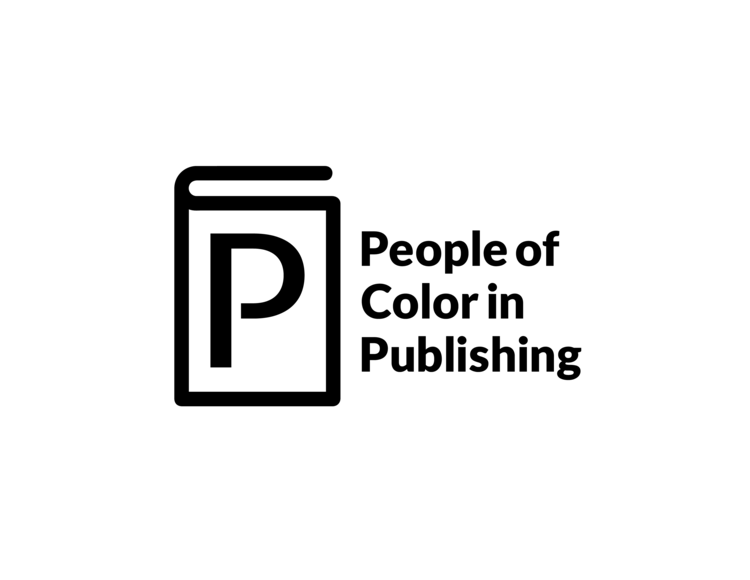Featured Publishing Professional: Wendy Wong
As sent to Amanda Orozco
Why book publishing
The original reason? I was sick of being a freelance journalist and wanted to find something in the editorial space that also came with a steady paycheck. As I was looking for full-time editorial jobs, book publishing came up over and over again and brought me back to those early days of weekly trips to the library, maxing out my borrowing limit and my mom’s, and immersing myself in different lives, worlds, and ideas from one book to another. I was (and still am) excited to be a part of that, working with smart, thoughtful, passionate writers, guiding them and their work through each step of the publishing process, and helping these books find the exact readers who want and need this in their lives. There are a lot of lows that can come with being in this industry, but reading a proposal or manuscript, falling in love, and wanting to run out and immediately tell everyone you know about it… that’s a high that hits every time.
Can you tell us a little bit about what you do as an editor?
It starts with evaluating projects I get in from agents whose interests and tastes overlap with my own—considering the project’s potential, seeing if my vision lines up with the author’s, getting reads from others on my team, and making an offer if the stars align. If I’m able to acquire the book, the author and I refine it over several rounds of edits and endless conversations—and this process tends to differ a bit between my fiction and nonfiction titles—while I’m also drafting copy and launching the title to our in-house sales team. Once the book’s in production and we’ve popped the champagne, cheered until our voices died, etc. we deep dive into marketing, publicity, cover design (one of my favorite parts!), audio, and so much more, where I’m the author’s liaison and first line of defense as we strategize with the experts in these departments. It can be a lot, but each title comes with its own fascinating, wonderful, frustrating experiences, and I’ve learned a lot with each book I’ve worked on, whether I was at the helm or not.
What challenges have you faced in your career and how have you overcome them?
It was tough to break into trade publishing as someone who hadn’t majored in English, interned at a publishing company, or done a publishing course. At times I had to wrench my way into certain spaces, carve out my own opportunities, and hope for the best. It’s also been difficult to work with some people who are uninterested in uplifting underrepresented voices and narratives, and to lose certain projects for truly infuriating reasons. I’ve tried to take what I’ve learned from each experience and ask more questions, utilize various strategies to pitch projects and fight for them, and above all, figure out what’s worth fighting for and when to prioritize myself.
What have been your favorite books of 2022 so far?
I’ve loved The School for Good Mothers, Dominicana, Black Cake, and Disorientation. Pre-pandemic I was stubbornly dedicated to going through one book at a time, but my reading habits have since become completely chaotic. Whenever I can read “for fun” and a book grabs me long enough to stay with it, that feels like a blessing.
From your perspective as an editor, what would you love to see more of in publishing?
My hope is to see more collaboration, mentorship, and genuine care across the industry—assistants are the first to build this kind of self-care and support with each other, but it really starts at the top with the C-suite creating equal opportunities, livable wages and benefits, and an environment that nurtures rather than tramples employees’ eagerness to learn and grow. I’ve also heard horror stories of managers who love to keep their assistants down and uphold an every-person-for-themselves mentality that needs to be taken out with the trash. I absolutely wouldn’t be here without the guidance and encouragement of my wonderful mentors and managers, and that shouldn’t be a coin toss but a given. It’s also kind of a given, but I will always and forever want to work on and read compelling/evocative/fun books written by marginalized writers.
Wendy Wong (she/her) was a food writer for several years prior to her pivot into publishing. She worked at a small educational publishing company before joining HarperCollins, where she acquired titles for Harper and Harper Business such as The First, The Few, The Only by Deepa Purushothaman, a Financial Times business book of the month. She is currently an Associate Editor at Ballantine in Penguin Random House. Twitter: @wendyplacething

